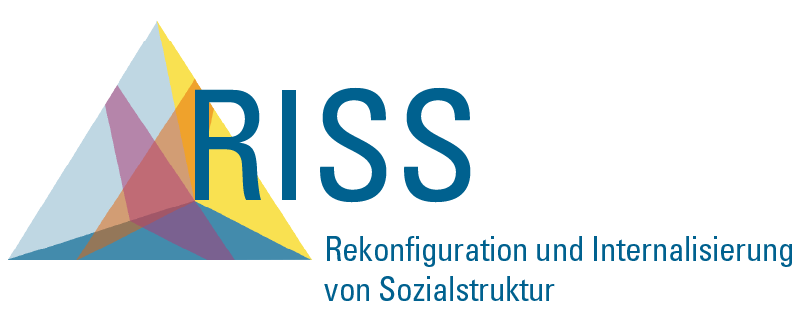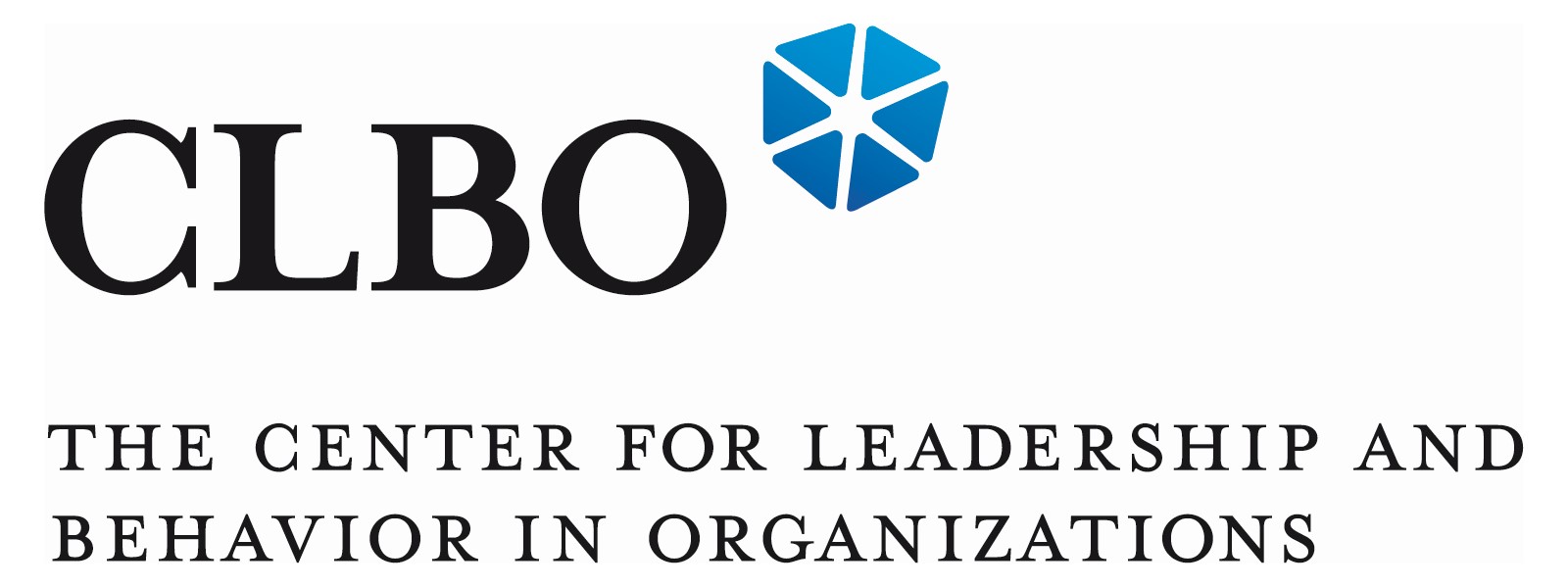The concept behind our research
Our core approach to “The Sociology of Work" is to include all kinds of work, not just paid work, in our understanding of work. To truly understand the sociology of work, domains of unpaid work and paid work must be considered together. Paid and unpaid work norms and patterns are heavily influenced by gender norms and discriminatory practices.
The entire situation of paid work, unpaid work, gender relations, and family and demography are changing over time together with changing economic and labor market conditions. And this is where we place our research.
We have predispositions to interdisciplinary research, and we use a variety of methods to find answers, from cutting-edge qualitative methods like QCA to cutting-edge quantitative approaches like sequence analysis.
Our research (and teaching) can be grouped in three general areas:
- The sociology of work
- Work and Gender
- Work and Family, which especially focuses on both international comparative policy elements and life course stratification processes.
DFG Research Group Reconfiguration and Internalization of Social Structure (RISS)
RISS Project No 6: Intergenerational Transmission of Work-Family Trajectories in Germany
This project compares work-family trajectories of parents born in Germany between 1930 and 1949 with those of their adult children (born 1958-1981) and siblings’ work-family and socio-economic status (SES) trajectories: mother-daughter, father-son, brother-brother, and sister-sister pairs. We aim to investigate the contributions of inter- and intragenerational similarity or divergence in trajectory patterns on the reconfiguration of social structure in Germany after reunification.
We ask:
- Under what conditions have sons and daughters reproduced or deviated from their fathers’ and mothers’ work-family trajectories?
- Under what conditions are siblings’ work-family and SES trajectories similar or different?
Tremendous recent economic, demographic, and cultural shifts in Germany suggest that children may not replicate parents’ life course trajectories and resulting positions in the social structure, and that siblings may live very different life courses, with East-West differences likely.
For our empirical analysis, we use the SOEP: longitudinal survey data from a representative sample of about 11,000 German households and more than 20,000 persons. SOEP allows survey respondents from two generations and siblings within one family to be linked and tracked longitudinally.
This project is part of the DFG Research Group RISS / FOR 5173.
Contributors
Contact
Prof. Heather Hofmeister, Ph.D.
Professor for Sociology of Work
PEG 3G 118+49 69/798-36509
arbeitssoziologie@em.uni-frankfurt.de
External
CLBO Trust in Organizations
Contributors
Contact
Prof. Heather Hofmeister, Ph.D.
Professor for Sociology of Work
PEG 3G 118+49 69/798-36509
arbeitssoziologie@em.uni-frankfurt.de
ScienceBurn: Science Careers during and after working at an Elite Institution
The question of women's lack of representation in science has received tremendous attention in the past decades. One explanation for women's lack of advancement to the upper echelons of science is their lack of presence in a given field at the entry and advancement levels. Another is the lower likelihood that women are accepted to elite institutions that provide or increase the probability of networks and visibility relevant for further careers. What if both of these explanations are not the case?
In our project, we control for the quality of the academic institution by selecting one elite science institution in Europe that has an equal representation of women and men at the pre-doctoral and post-doctoral level, in a field where women have been strongly represented for decades. We talk to current post-docs, current principal investigators, and alumni of this organization to see where people tend to go after leaving this institution and what are the processes by which they decide what to do next. How can the exit of women from academic science be explained if the quality of the institution and the „pipeline“ are no longer factors?
Contributors
Contact
Prof. Heather Hofmeister, Ph.D.
Professor for Sociology of Work
PEG 3G 118+49 69/798-36509
arbeitssoziologie@em.uni-frankfurt.de
External
Prof. Dr. Anne Kronberg
Silvia Krömmelbein's teaching research
Visuelle Soziologie: Stadtkontraste
Reflexive Lehrforschung als "Professionalisierung von unten"
Rodrian-Pfennig, Margit/Reitz, Sandra/Krömmelbein, Silvia/Heitz, Sylvia. 2014: Einleitung: Reflexive Lehrforschung als "Professionalisierung von unten" , in: Rodrian-Pfennig, Margit/Reitz, Sandra/Krömmelbein, Silvia/Heitz, Sylvia/Bürgin, Julika (Hrsg.) 2014: Reflexive Lehrforschung an der Hochschule. Partizipations-, Forschungs- und Praxisorientierung in sozialwissenschaftlichen Lehr-/Lernverhältnissen, Budrich Verlag, Opladen, Berlin, Toronto, S. 7-18
Dr. habil. akad. Silvia Krömmelbein
Akademische Oberrätinkroemmelbein@em.uni-frankfurt.de
Dr. habil. Silvia Krömmelbein
PEG 2.G 171
Office hours
Registration by email
Tuesday 15:00
- Studying at Goethe University
- International applicants
- Faculties
- Overview of study programmes
- Programme for refugees
- GRADE
- Goethe Business School (continuing education)
- Research at Goethe University
- Scientific news
- Goethe Welcome Center (for international researchers)
- Collaborative research projects
- Individual research
- Visiting fellowships
- Endowed chairs
- About the University
- News-in-brief
- University administration
- Campus locations
- Campus life
- University archives (German)
- Rhine-Main-Universities







